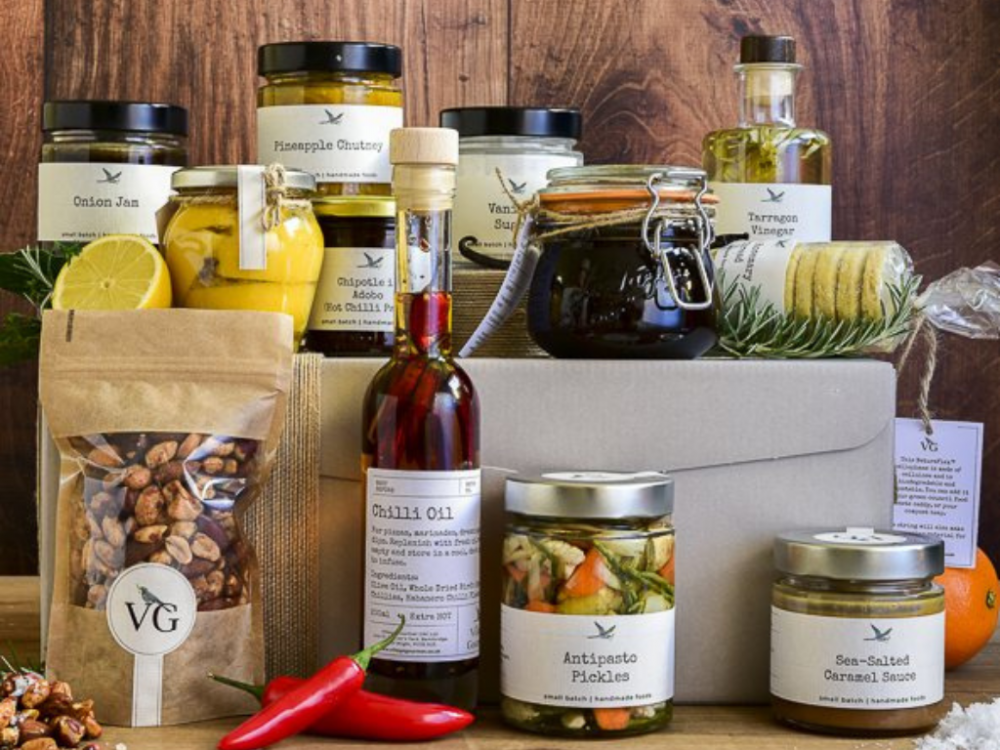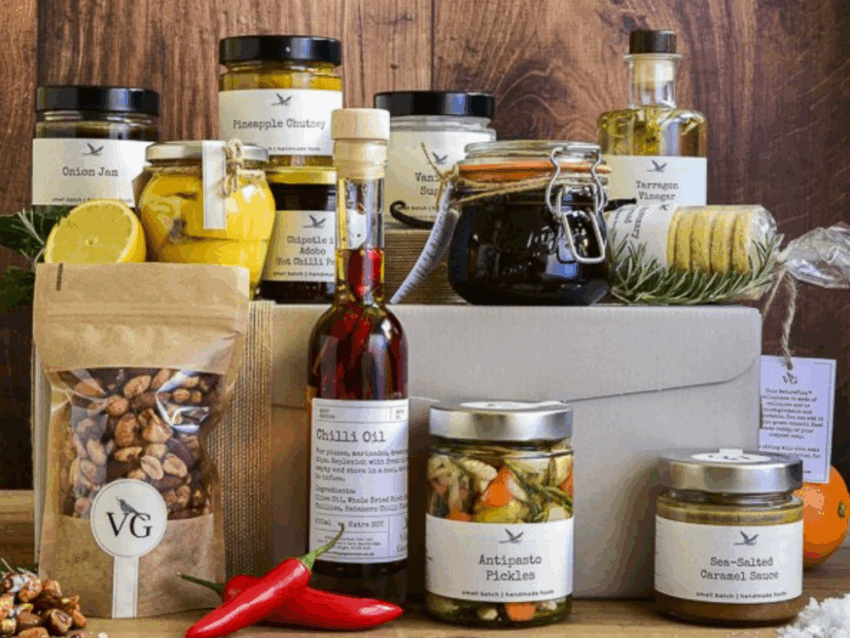
The Enduring Appeal of Artisan Food: A Deep Dive into Craft, Quality, and Community
In an era dominated by mass production and convenience, the allure of artisan food continues to grow. More than just a trend, it represents a return to traditional methods, a commitment to quality ingredients, and a deeper connection to the food we consume. This article explores the multifaceted world of artisan food, examining its definition, the factors driving its popularity, and its impact on both consumers and producers.
What Exactly is Artisan Food?
Defining artisan food can be tricky, as the term encompasses a broad range of products. However, certain characteristics consistently distinguish it from its mass-produced counterparts. At its core, artisan food is crafted by hand, or with minimal mechanical assistance, by skilled artisans. These artisans prioritize high-quality, often locally sourced ingredients, and employ traditional techniques passed down through generations. The emphasis is on small-batch production, allowing for meticulous attention to detail and a superior final product. Think of small-batch cheeses, handcrafted breads, traditionally brewed beers, or carefully cured meats – these are all examples of artisan food.
The Rise of Artisan Food: Why Now?
Several factors contribute to the growing popularity of artisan food. Firstly, increasing consumer awareness of food sourcing and production methods has fueled demand for transparency and authenticity. People want to know where their food comes from and how it’s made. Artisan food businesses often pride themselves on their transparency, allowing consumers to trace the origins of their ingredients and understand the processes involved. The desire to support local economies is another key driver. By purchasing artisan food, consumers directly support small businesses and contribute to the economic vitality of their communities. Furthermore, many consumers are simply seeking higher quality and more flavorful food options than those typically found in supermarkets. Artisan food, with its emphasis on fresh, seasonal ingredients and traditional techniques, often delivers a superior taste experience.
The Key Characteristics of Artisan Food Production
Artisan food production differs significantly from industrial food manufacturing in several key aspects:
- Small-Scale Production: Artisan food businesses typically operate on a smaller scale, allowing for greater control over the production process. This enables artisans to maintain consistent quality and adapt to changing consumer preferences.
- Emphasis on Quality Ingredients: Artisan food producers prioritize high-quality, often locally sourced ingredients. This not only enhances the flavor of the final product but also supports local farmers and promotes sustainable agriculture.
- Traditional Techniques: Many artisan food producers employ traditional techniques passed down through generations. These techniques, often honed over centuries, contribute to the unique character and flavor of the food.
- Handcrafted with Care: Artisan food is crafted with care and attention to detail. Artisans take pride in their work and strive to create products that are both delicious and visually appealing.
- Transparency and Traceability: Artisan food businesses often prioritize transparency, allowing consumers to trace the origins of their ingredients and understand the processes involved.
The Benefits of Choosing Artisan Food
Choosing artisan food offers numerous benefits for both consumers and producers:
- Superior Quality and Flavor: Artisan food is often made with higher-quality ingredients and traditional techniques, resulting in a superior taste experience.
- Support for Local Economies: By purchasing artisan food, consumers directly support small businesses and contribute to the economic vitality of their communities.
- Sustainable Practices: Many artisan food producers prioritize sustainable agricultural practices, reducing their environmental impact.
- Unique and Authentic Products: Artisan food is often unique and authentic, reflecting the traditions and terroir of its region.
- Increased Transparency: Artisan food businesses often prioritize transparency, allowing consumers to understand where their food comes from and how it’s made.
- Stronger Community Connections: Purchasing artisan food can foster stronger connections between consumers and producers, building a sense of community.
Examples of Popular Artisan Foods
The world of artisan food is incredibly diverse, encompassing a wide range of products. Here are a few examples of popular artisan foods:
- Cheese: Handcrafted cheeses made with traditional techniques and high-quality milk.
- Bread: Sourdough, baguettes, and other artisanal breads baked with natural leavening and high-quality flour.
- Chocolate: Bean-to-bar chocolate made with ethically sourced cacao beans and meticulous attention to detail.
- Coffee: Small-batch roasted coffee beans sourced from sustainable farms.
- Beer: Craft beers brewed with traditional methods and unique ingredients.
- Preserves: Jams, jellies, and pickles made with fresh, seasonal fruits and vegetables.
- Charcuterie: Cured meats, sausages, and pâtés made with traditional techniques and high-quality ingredients.
Challenges Facing Artisan Food Producers
Despite the growing popularity of artisan food, producers face a number of challenges. These include:
- Competition from Mass-Produced Foods: Artisan food producers often struggle to compete with the lower prices of mass-produced foods.
- Regulatory Hurdles: Navigating complex food safety regulations can be challenging for small-scale producers.
- Access to Funding: Securing funding for equipment, marketing, and expansion can be difficult.
- Marketing and Distribution: Reaching consumers and establishing distribution channels can be a challenge.
- Sourcing High-Quality Ingredients: Ensuring a consistent supply of high-quality ingredients can be difficult, especially for producers who rely on local sources.
Supporting the Artisan Food Movement
There are several ways to support the artisan food movement and help ensure its continued success:
- Shop at Farmers’ Markets and Local Food Stores: Farmers’ markets and local food stores are great places to find artisan food and support local producers.
- Read Labels Carefully: Look for products that are labeled as “artisan,” “handcrafted,” or “small-batch.”
- Ask Questions: Don’t be afraid to ask producers about their ingredients, production methods, and sourcing practices.
- Support Organizations that Promote Artisan Food: There are many organizations that support artisan food producers and promote the movement.
- Spread the Word: Tell your friends and family about the benefits of artisan food and encourage them to support local producers.
The Future of Artisan Food
The future of artisan food looks bright. As consumers become increasingly aware of the importance of quality, sustainability, and local economies, demand for artisan food is likely to continue to grow. The rise of online marketplaces and direct-to-consumer sales channels is also making it easier for artisan food producers to reach a wider audience. While challenges remain, the passion and dedication of artisan food producers, coupled with the growing demand from consumers, suggest that artisan food will continue to play an increasingly important role in the food landscape. [See also: The Impact of Local Sourcing on Food Quality] [See also: The Rise of the Conscious Consumer in the Food Industry]
Conclusion
Artisan food represents more than just a culinary trend; it’s a movement that celebrates craftsmanship, quality, and community. By choosing artisan food, consumers can enjoy superior flavors, support local economies, and contribute to a more sustainable food system. As the demand for transparency and authenticity continues to grow, the future of artisan food looks promising, offering a compelling alternative to mass-produced alternatives and fostering a deeper connection to the food we eat. So, the next time you’re at the market, consider reaching for that handcrafted cheese, that freshly baked bread, or that small-batch roasted coffee – you’ll be supporting a tradition of excellence and savoring the true taste of artisan food.
